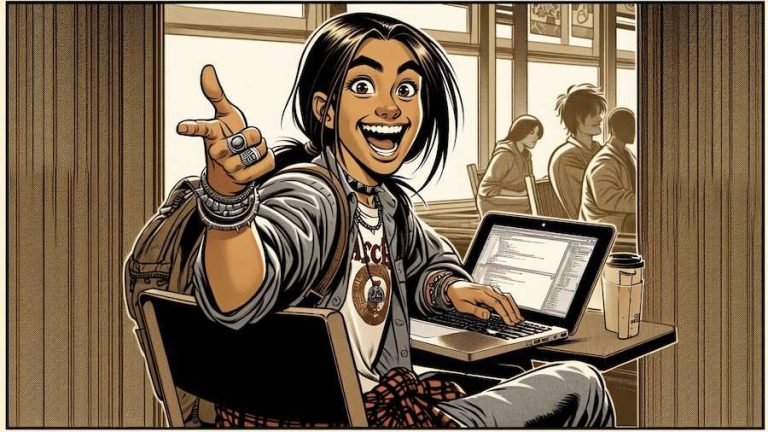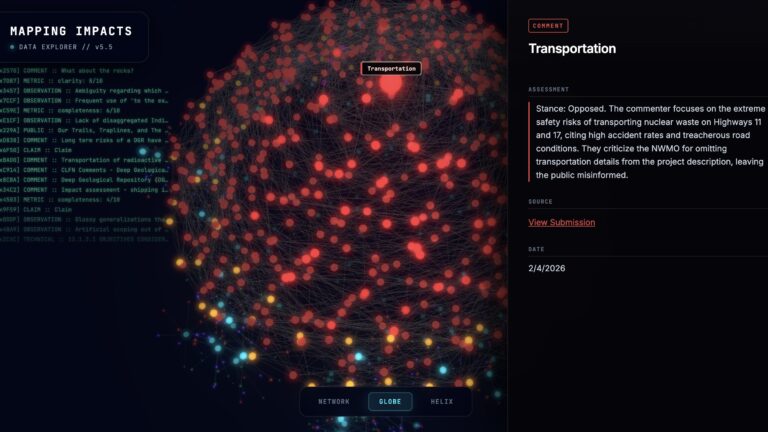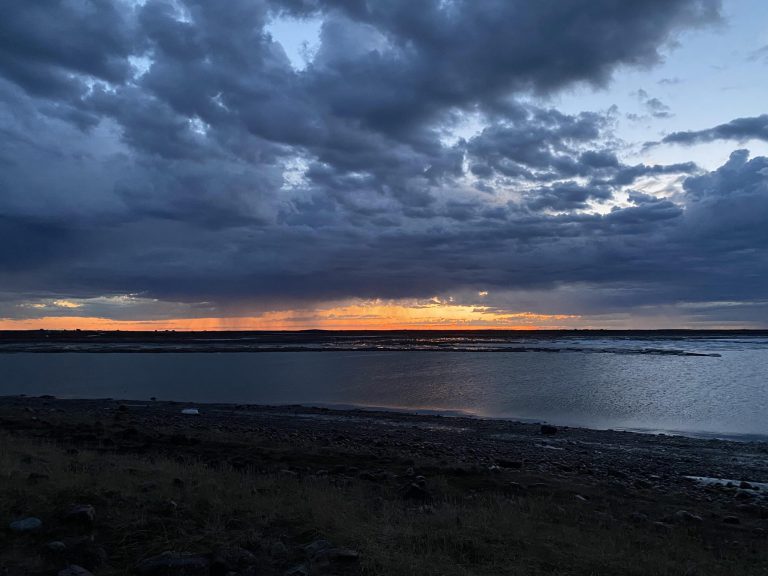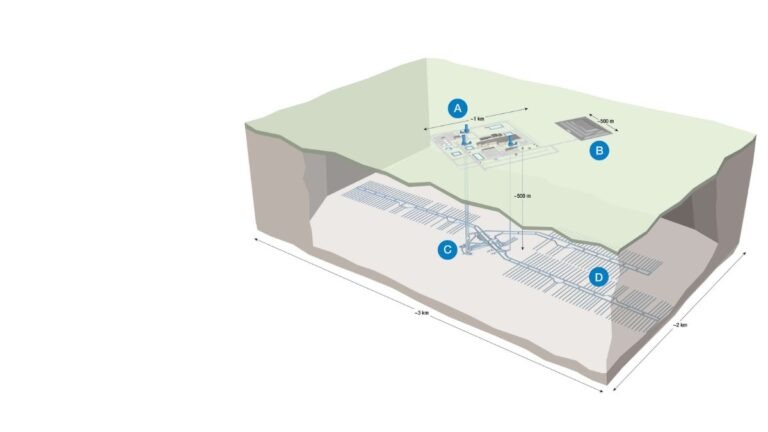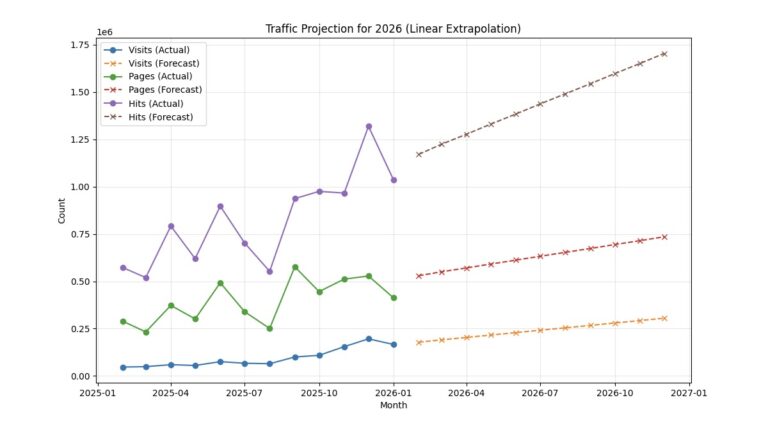
Art Borups Corners founding members Tony Eetak and Dr. Olaf Kuhlke from the Minneapolis College of Art and Design present during their first knowledge exchange session at Qaumajuq and the Winnipeg Art Gallery. Photo: Jamie Bell
In the northern reaches of our planet, a profound transformation is underway—climate change is rewriting the rules of the environment. For many northern communities, the repercussions are acutely felt in the area of food security.
As we continue to grapple with the realities of a warming world, it’s imperative that we listen to and learn from the experiences of northern communities. Their wisdom and resilience may hold the key to a more sustainable and equitable future for us all.
Learning from the Our People Our Climate Project
Northern communities, often on the front lines of climate change, can play a vital role in advocating for climate action on local and global scales. Their voices are powerful in pushing for policies that address climate change and protect their food security.
One project we have learned a lot from is called Our People Our Climate.
Our People Our Climate was started in 2019 with funding from Environment and Climate Change Canada. The project’s goal was to increase awareness on climate change in Nunavut through the creation of education and outreach materials targeting Inuit youth, Elders, and business owners. A key focus was to strengthen Indigenous traditional knowledge and cultural components to support climate action. It has grown throughout the pandemic into an international program led by the Minneapolis College of Art and Design and was delivered in partnership with the United Nations Environment Program in 2023.
The Changing Landscapes of Northern Food Security
Climate change is an existential threat to the food security of northern communities. However, many impacted communities have a long history of resilience and adaptation. We hope our project will contribute to preserving traditional knowledge, diversifying food sources, and advocating for climate action.
We want to explore new and innovative ways to navigate the challenges of a changing climate and ensure a sustainable future for the next generations to come. Topics for discussion and exploration in 2023-2024 that have been suggested include:
- Disrupted Seasons and Traditional Knowledge: Climate change has brought about unpredictable weather patterns, making it challenging to rely on traditional knowledge for seasonal activities like hunting, fishing, and planting. These changes disrupt the delicate balance between communities and their environment.
- Shifting Habitats and Wildlife: As temperatures rise, habitats and migration patterns of wildlife are changing. This affects the availability of traditional food sources, forcing communities to adapt their hunting and gathering practices.
- Increased Food Costs: With a shorter growing season and increased transportation costs due to changing conditions, the cost of imported foods has risen significantly. This makes it even more difficult for northern communities to access affordable, nutritious food.
- Infrastructure Vulnerabilities: Melting permafrost and thawing ice roads threaten the infrastructure needed to transport food to remote northern communities. These vulnerabilities can lead to food shortages during critical times.
Seeking Solutions and Sustainable Adaptations
There are many areas our project has identified interest in focusing on:
- Reviving and Celebrating Traditional Knowledge through the Arts: While climate change disrupts traditional practices, we believe it is also important to preserve and adapt traditional knowledge to changing conditions. Communities can work together to document and pass down valuable insights.
- Diversifying Food Sources: Encouraging the cultivation of hardy, climate-resistant crops and the diversification of food sources can help mitigate the impacts of unpredictable weather patterns.
- Sustainable Food Storage: Developing sustainable food storage techniques can help communities preserve their harvests for longer periods, reducing waste and ensuring a steady food supply.
- Community-Led Initiatives: Empowering communities to take the lead in designing and implementing adaptation strategies is essential. These initiatives can be tailored to each community’s unique needs and challenges. Our program is an example of a community-led initiative.
Get involved! Take part!
We are thankful to our partners and supporters at the Minneapolis College of Art and Design, Chocolatier Constance Popp and the University of Minnesota Duluth for supporting our Niriqatiginnga project and its participating students and youth, community artists, researchers and aspiring cultural entrepreneurs.
As our Niriqatiginnga program gears up for its fall 2023 start, we’re actively seeking artists, entrepreneurs and food sector stakeholders who might be interested in joining our efforts. If you’d like to learn more about Niriqatiginnga, please contact us at niriqatiginnga@gmail.com. We’d like to hear from you!

